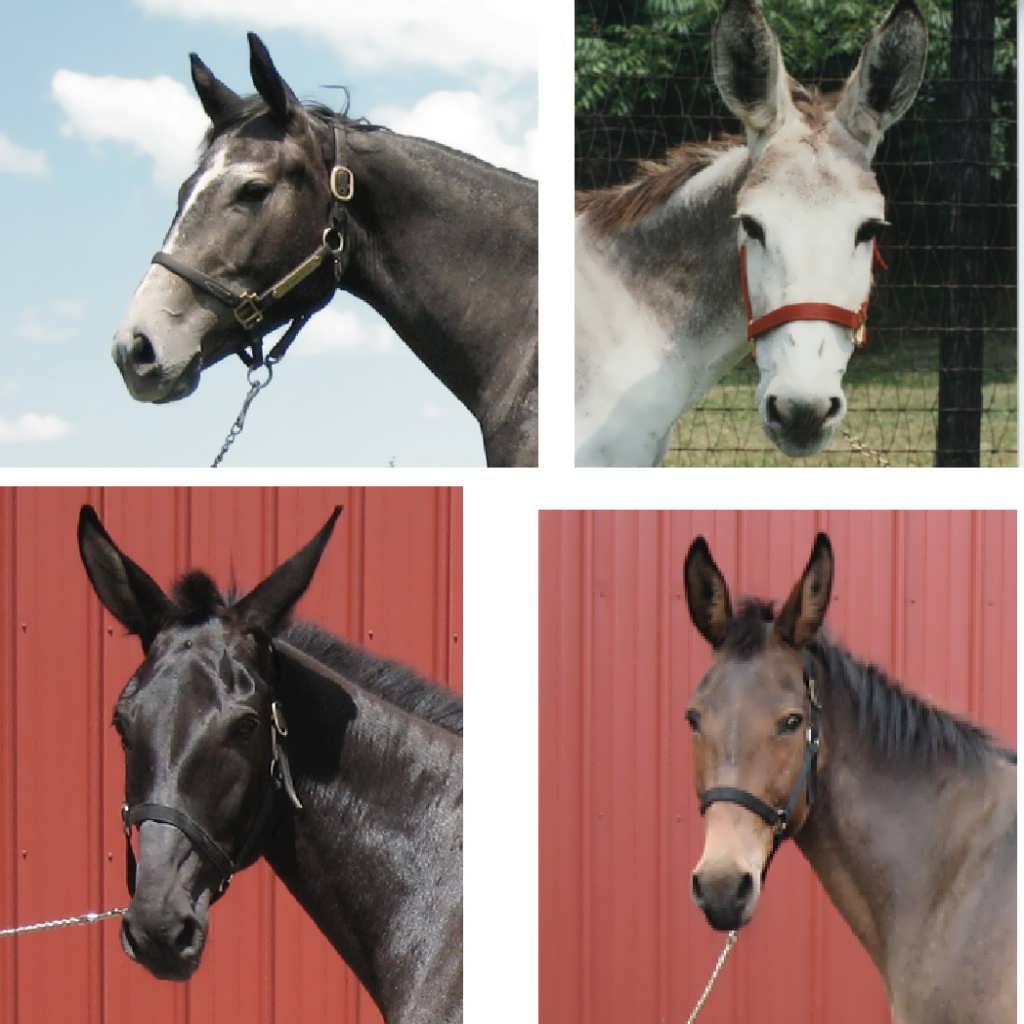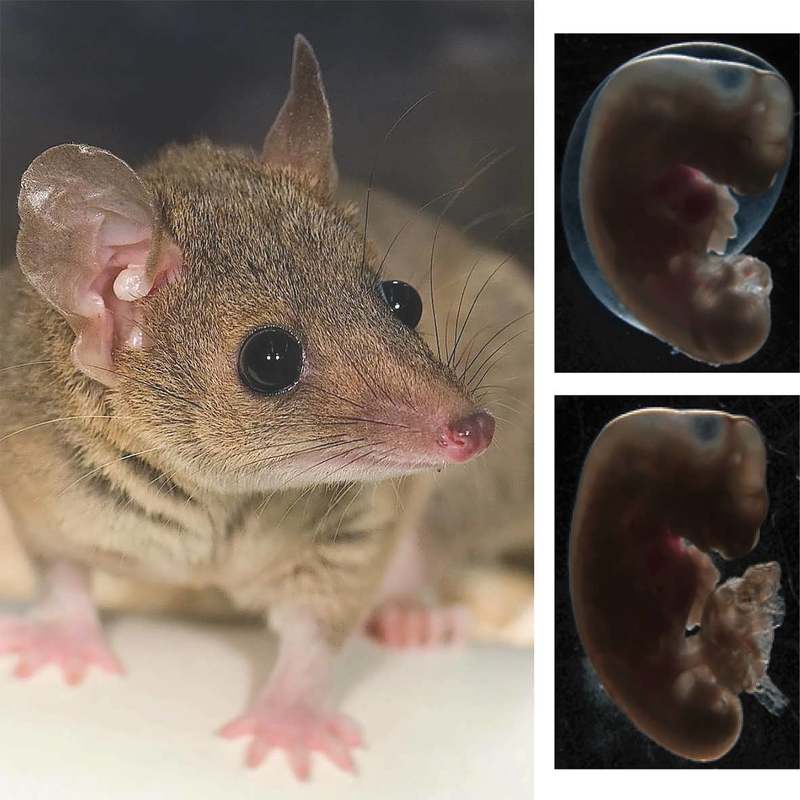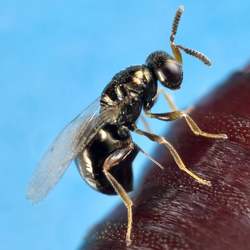Reseach Interests and Current ProjectsThe Wang laboratory's primary research area is multi-omics analysis of health, performance, production, welfare and disease in companion and farm animals, with emphasis in both fundamental sciences to veterinary/agricultural applications. We use next generation sequencing technologies and comparative/functional genomic approaches to investigate animal genome, transcriptome, DNA methylome and microbiome.
One research interest is genetic and epigenetic regulation of gene expression in vertebrates and insects. The main focus is allele-specific expression (ASE), allele-specific DNA methylation (ASM) and allele-specific histone modifications. Using comparative, evolutionary and functional genomic approaches, we profiled genome-wide allelic imbalance in mammalian placental samples including marsupials, mouse, cattle, dog and interspecific equid hybrids (mules and hinnies), and characterized different forms of X chromosome inactivation and their epigenetic regulation in the placenta. Wang lab also performs metagenomic and metatranscriptomic analyses of human, cattle, equids, dog, cat, opossum and chicken gut microbiota, to identify differential composition and abundance of gut microbes at normal and diseased conditions. Another research interest is the DNA methylation evolution, sex-biased gene expression, host-microbe interaction, mitochondrial-nuclear genome interaction, telomeric repeat and satellite repeat evolution using the model of parasitoid jewel wasps. In collaboration with Canine Performance Sciences Program at Auburn University College of Veterinary Medicine (AUCVM-CPS), we are working on the genetic enhancement of detection dogs using genomic, epigenomic, transcriptomic, metabolic and metagenomic approaches. The knowledge learned will inform phenotypic predictions, enhancement of working dog health and welfare, the development of pre-/pro-biotics and microbiota manipulation methods and diagnostic assays to improve canine health.
|
|
|


